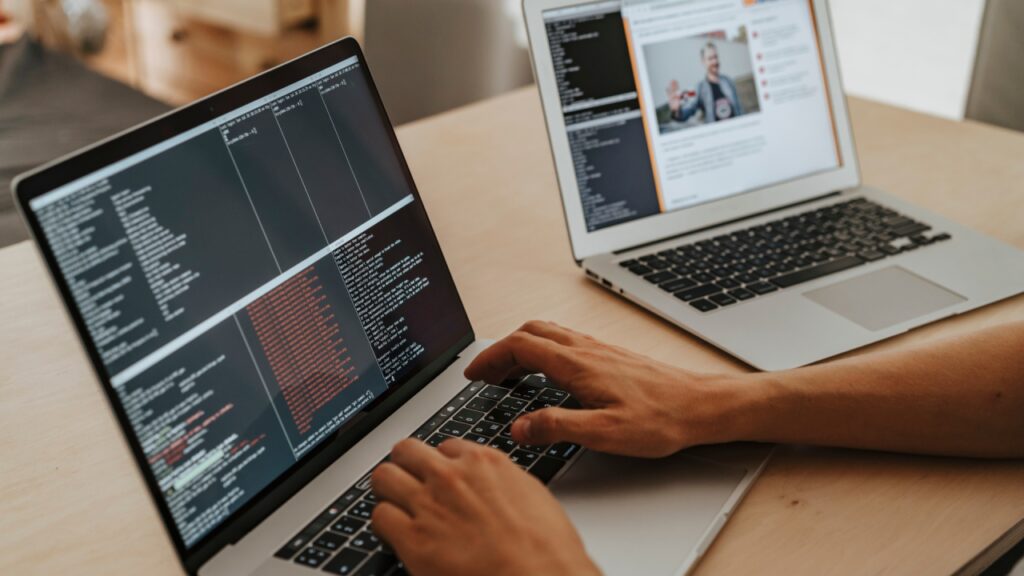Python is a powerful programming language used in various fields. This tutorial aims to help programmers master Python by covering key concepts and providing hands-on examples. It covers getting started with Python, basic syntax, data types, control flow, functions, modules and packages, object-oriented programming, inheritance, polymorphism, advanced topics, debugging, and testing. By mastering Python, programmers can build a range of applications. The language’s clean syntax, versatility, and robust standard library make it ideal for beginners. Regular practice and following this tutorial will help programmers become proficient in Python and open up opportunities for building complex systems.
Introduction
Python is a versatile and powerful programming language that is used in a variety of fields, from web development to data analysis. This comprehensive tutorial aims to help programmers master Python by covering key concepts and providing hands-on examples.
Getting Started
If you’re new to Python, the first step is to install the Python interpreter on your computer. You can download the latest version of Python from the official website and follow the installation instructions. Once you have Python installed, you can start writing and running Python scripts using a text editor or an integrated development environment (IDE).
Basic Syntax
Python is known for its clean and readable syntax, which makes it a great language for beginners. In Python, indentation is used to define the structure of the code, so proper indentation is crucial for writing error-free code. Python uses colons (:) and whitespace to indicate blocks of code, such as loops and functions.
Data Types
Python supports a variety of data types, including integers, floats, strings, lists, tuples, dictionaries, and sets. Understanding how these data types work is essential for writing Python programs that manipulate data effectively.
Control Flow
Control flow statements, such as if-else statements, loops, and exceptions, allow you to control the flow of your program based on conditions and user input. Mastering control flow is crucial for writing robust and efficient Python code.
Functions
Functions are reusable blocks of code that perform specific tasks. In Python, you can define functions using the def keyword and call them with the function name followed by parentheses. Functions can have parameters and return values, which allow you to write modular and scalable code.
Modules and Packages
Python modules are files that contain Python code, and packages are collections of modules. Using modules and packages allows you to organize your code into logical units and reuse code across multiple projects. Python’s standard library comes with a wide range of modules and packages that you can use in your programs.
Object-Oriented Programming
Python is an object-oriented programming language, which means that it supports classes and objects. Classes are blueprints for creating objects, which are instances of a class. Object-oriented programming allows you to model real-world entities and relationships in your code, making it easier to manage complexity and build robust applications.
Inheritance and Polymorphism
Inheritance is a key feature of object-oriented programming that allows you to create new classes based on existing classes. Polymorphism allows you to define methods in the superclass that can be overridden in subclasses. Understanding inheritance and polymorphism is essential for designing flexible and extensible Python code.
Advanced Topics
Once you have mastered the basics of Python, you can explore advanced topics such as file handling, regular expressions, multithreading, networking, and database programming. These topics will help you build more sophisticated applications and expand your Python programming skills.
Debugging and Testing
Debugging and testing are essential skills for any programmer. Python provides built-in debugging tools, such as the pdb debugger, as well as testing frameworks, such as unittest and pytest. Learning how to debug and test your code effectively will help you write reliable and maintainable Python programs.
Conclusion
Mastering Python is a rewarding journey that can open up a world of opportunities for programmers. By following this comprehensive tutorial and practicing regularly, you can become proficient in Python and use it to build a wide range of applications, from simple scripts to complex systems.
